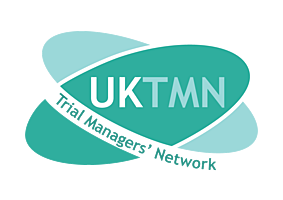Farrell. B on behalf of the UKTMN Executive Group. The Lancet 393(10184), 1935 - 1936
Ian Roberts (Sept 1, 2018, p 732)1 presented a parody of clinical trial research, which contributed a voice for trial managers to broaden discussions about gender inequality and role recognition. Humour serves to illustrate the challenge trial managers can experience: their contribution to the successful delivery of what can often be complex clinical trials is frequently underestimated and unrecognised. However, it should also be noted that this is not, or not solely, a gender issue.
Trial managers play a crucial role within the team, inputting ideas and delivering operationally across many aspects of the trial, from contributing to the design and navigating the regulatory and ethical arrangements, to establishing appropriate informed consent procedures and maintaining the essential documents that form the basis of trial records. More than simply project managers, their activity spans academic and administrative responsibilities, and beyond. The parody could have legitimately noted that if there is uncertainty in the trial team as to who is responsible for a given activity then it will generally fall to the trial manager.
The complexity of the role has led to confusion. Generally shoehorned into a research or professional services career pathway, the role does not wholly fit in either. This disparity results in a lack of clarity in career structure, which disadvantages trial managers in terms of opportunities for professional development and career progression, and makes the disregarding of their contribution more likely.
The UK Trial Managers' Network boasts more than 1400 members. Since it was formed in 1998, the network has participated in conversations on behalf of its members, which has resulted in informal agreements with regards to trial manager role profiles and key competencies. However, this achievement is far from setting up a robust career profile with harmonised standards of education, training, conduct, and performance that leads to recognition of the trial manager's contribution and establishes the professional status of the role. A concerted effort by trial managers, their employers, educators, and clinical research funders is required if this possibility is to become a reality.

